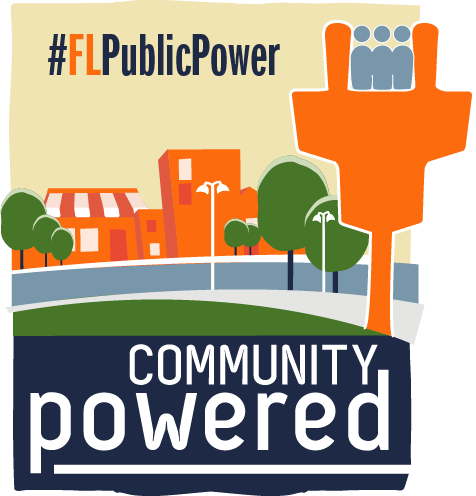FPL Gets Boost in Irma Fight
 Article reposted with permission from The News Service of Florida.
Article reposted with permission from The News Service of Florida.
In a win for Florida Power & Light, the state Supreme Court on Monday declined to take up a dispute stemming from allegations that the utility did not meet obligations to help prevent power outages during 2017’s Hurricane Irma.
The Supreme Court, as is common, did not explain its reasons. But the decision effectively let stand an appeals-court decision that said the state Public Service Commission has authority to determine whether FPL met its obligations during the storm.
The dispute is part of a lawsuit that customers filed after the hurricane, which caused widespread power outages as it barreled up the state. The lawsuit alleged that FPL did not meet obligations such as carrying out a storm-hardening plan, replacing aging poles and adequately clearing vegetation near lines.
A panel of the 3rd District Court of Appeal in March 2023 upheld a circuit judge’s certification of a class action in the case. But a little more than a month later, the Legislature passed a measure that gave the Public Service Commission authority to resolve issues about disaster preparedness and response.
After Gov. Ron DeSantis signed the law, FPL renewed its efforts at the Miami-based appeals court to block the class action.
Another panel of the appeals court in May 2024 reversed the rulings that said customers could pursue the class action. It sent the case back to Miami-Dade County circuit court and ordered a judge to stay the lawsuit while “threshold issues” are resolved.
The May ruling did not end the lawsuit but said the issues should go to the Public Service Commission.
Attorneys for the plaintiffs challenged the appeals-court ruling at the Supreme Court. They argued, in part, that the law passed last year should not apply retroactively to the lawsuit and that the appeals court improperly granted power over a class action to the Public Service Commission.
“The Third DCA’s decision sends a seven-year-old, certified class action for money damages to the PSC to essentially start over and determine, among other things, whether the petitioners’ causes of action are even ripe to proceed,” the plaintiffs’ attorneys wrote in a Sept. 23 brief at the Supreme Court.
But in an Oct. 23 brief, attorneys for FPL urged the Supreme Court to reject the case, calling the appeals-court decision “entirely correct.” The brief said the appeals court properly interpreted the law passed in 2023 and “held that the PSC must resolve threshold issues under the plain text of that statute.”
 Enter your email address in the
Enter your email address in the 